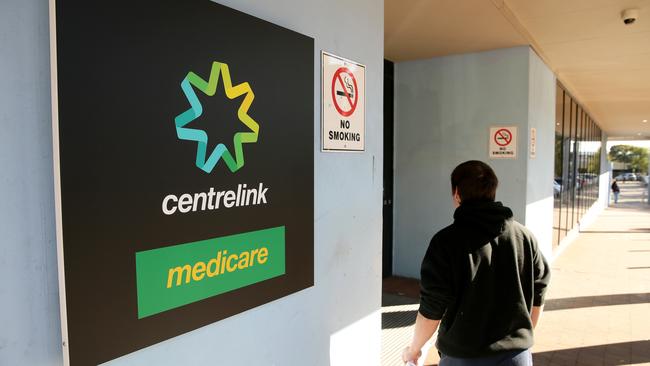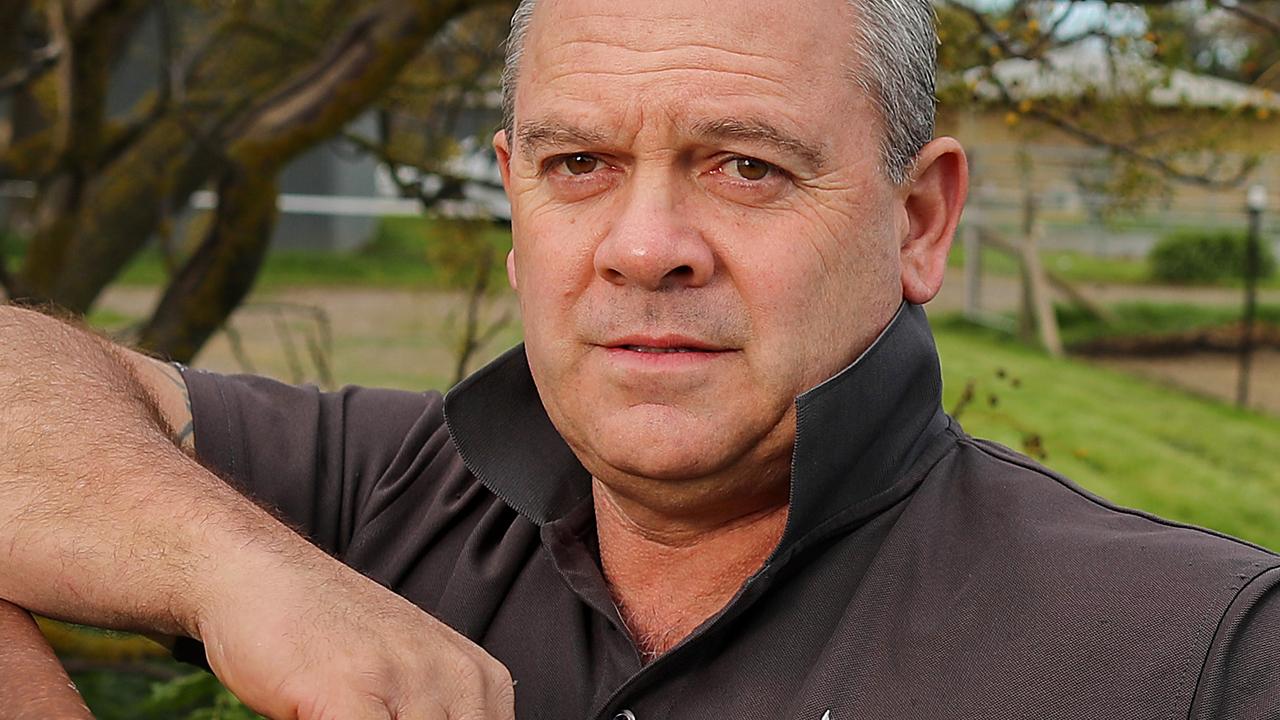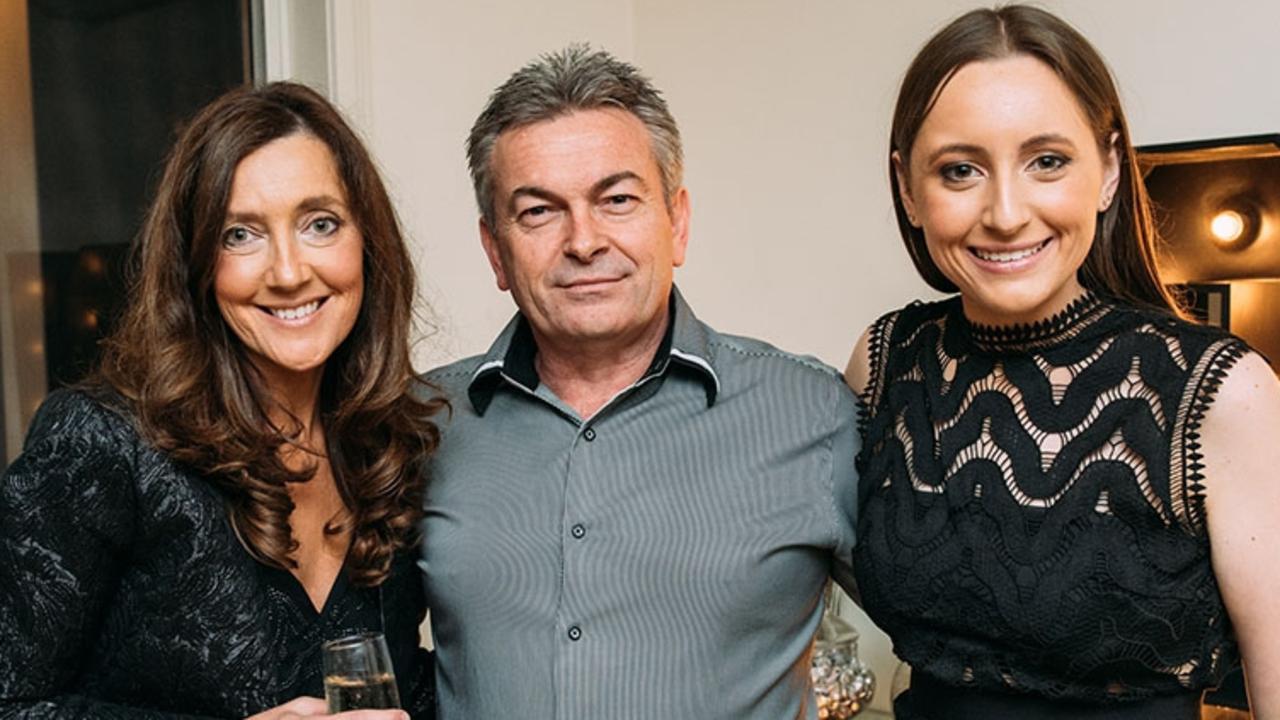Centrelink hiding behind privacy laws instead of helping
SOME people on the margins of society have substantial financial inheritances owed to them, but rather than helping efforts to track these people down and ultimately get them off the streets, Centrelink believes it is easier to hide behind privacy laws, writes Andrew Rule.
Andrew Rule
Don't miss out on the headlines from Andrew Rule. Followed categories will be added to My News.
PAULINE Skinner alias Johns, if you’re out there, please get in touch. You have been entitled to an inheritance for years but your good friends at Centrelink won’t lift a finger to help find you.
Computer says “No”, apparently.
Maybe a $10,000 inheritance doesn’t sound much to Centrelink fat cats with their $5.5 billion annual administration costs — an average of $160,000 for each member of the department’s huge army of public servants.
But 10 grand could make quite a difference to Pauline, who was thought to be homeless last time anyone knew where she was. That’s if she hasn’t passed on since her estranged husband died in June, 2013.
Meanwhile, the estate is being eaten up by inevitable costs of trustees frustrated by bureaucratic indifference.
Pauline does not know about her windfall because Centrelink has since 2015 refused to help those whose job it is to trace stray beneficiaries of people who die without making wills.
We’re from the government and we’re here to help — not.
At Centrelink, it’s easier to hide behind privacy laws than to help the helpless.
The money left to Pauline by her former husband, Owen Skinner, might even let her get off the public purse for a while.
If it were 10 times that amount — and some unclaimed inheritances are, and more — then it could put people on their own feet and out of the taxpayers’ pocket.
It is so simple for Centrelink to tap into its welfare data base and pass on the vital information but it refuses. Something about a change of policy.
Sadly, Pauline isn’t the only one left out in the cold by hardhearted bureaucrats using red tape to entangle the common sense and humanity that once let public servants locate beneficiaries of estates of those who die without wills.
Pauline, who was born in London in the 1940s, is one of many lost beneficiaries surviving on the margins of the welfare state.
There’s the case of Melville Rex Howard, an indigenous man who died in December 2013 and left an estate worth about $100,000.
It would be easy enough for Centrelink to locate his cousins Betricia Howard, Rupert Dickerson and Maitland Dickerson, also known as Maitland Howard.
But again, computer says “No”. Which meant that an extra $8000 was needlessly spent searching for the Dickersons.
Since 2015, Centrelink has deflected legitimate requests from legitimate trustees looking for various beneficiaries.

The beneficiaries’ names and addresses — or, at least, the address of their nearest Centrelink office — are only a few keystrokes away.
But faceless mandarins in Canberra have decided that doing the sensible thing is against policy guidelines.
A close reading of the fine print might show that is technically correct. But that doesn’t make it right.
It means that the search for drifters, itinerant seasonal workers and homeless people can be long and expensive, eating into (or completely chewing up) the inheritances they are entitled to.
In one case pursued by long-established Melbourne probate genealogists Macbeth Genealogical Services, it turns out that two cousins in line for a six-figure sum have been in and out of custody.
When they were in custody, the state government knew where they were. But as soon as they got out, they vanished on to the streets. Only Centrelink knows how to find them — but refuses to.
That inheritance could make all the difference to fractured lives — and stop them from being a drain on the taxpayer.
But, says a Macbeth spokeswoman, the federal government has done a Pontius Pilate and washed its hands of all responsibility.
“We have had many challenges in locating other beneficiaries in the estate,” she says. “All of which would have been much simpler (and less costly) had we had access to Centrelink records.”
The Macbeth people have been tied up in paper warfare with the Department of Social Security, aka Centrelink, since late last year. It is like throwing confetti at a sleeping giant.
Judging by Centrelink’s annual cost of $5.5 billion, there are small nations that cost less to run than one bloated department.
All those comfortably-employed public servants are no comfort for the only close relative of the late Pamela Regan, who died in NSW in 2016. Her missing son’s name is Bevan King Brown. His extended family lost contact with him in the late 1970s.
It is likely Bevan Brown is in Victoria — and living hand-to-mouth because of the effects of a longstanding condition.
It is a pity Centrelink cannot bring itself to stretch a point and reveal his whereabouts, as he stands to inherit a very big sum. It will go elsewhere if he dies before he is found.
So far, as probate genealogist Elizabeth Matthews says, “we cannot prove he is alive or not. So the matter is holding up the payments until we can determine where he is.
“In all these estates, we are having to employ other more expensive means to find the beneficiaries — the money spent from the estate on our fees would have been better spent on the beneficiaries. But we still have not found the beneficiaries.”
The common thread running through the cases is that so many of the lost beneficiaries are hard to find precisely because they on the margins of society: most are indigenous, homeless, mentally ill or in aged care. People for whom a windfall just might make all the difference. And which, in any case, is rightfully theirs.
Of course, not everyone wants to be found, at least until they find out exactly who is wanting to know where they are and why.
In one case, a reputed motorcycle gang member was proving elusive. When the researchers finally located his daughter, she assumed they were working for law enforcement and claimed she had not seen her father “for 40 years”.
The 40-year gap might have been a slight exaggeration: after the investigator explained that the missing man was in line for an inheritance, the wily old biker called next day. He got his inheritance and, possibly, a family reunion.
At the heart of the problem is Centrelink’s recent decision to lean towards one law instead of another.
It goes like this. Under the Administration of Estates Acts, the law says there is a legal obligation to find and distribute estates of people who die without making wills.
But Centrelink has chosen to split hairs. It insists that identifying anyone, even to a lawful estate trustee, is an invasion of privacy. Apparently it is easier than the alternative of helping people get what is rightfully theirs.
More proof, as if it were needed, that the law is an ass.



